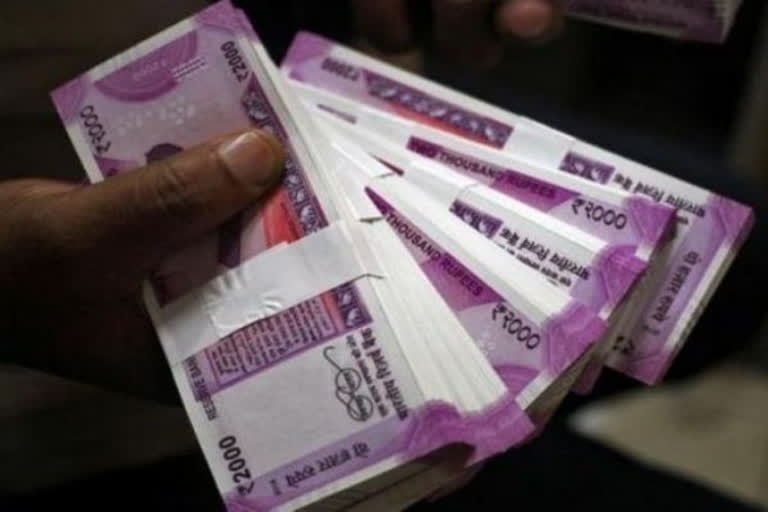Jammu (Jammu and Kashmir): With an aim to strengthen grassroots democracy in Jammu and Kashmir, Rs 1584.25 crore has been sanctioned for Panchayati Raj Institutions, Urban Local Bodies, District Development Councils and Block Development Councils for initiating developmental activities in rural or urban areas, said Jammu and Kashmir administration.
After successful implementation of the 73rd and 74th Constitutional Amendment Act, and conduct of Panchayat/Urban Local Body, District Development Council and Block Development Council elections, the main focus of the Government is to empower these Local Body Institutions with 3Fs (Funds, Functions and Functionaries). "The Government is providing Rs 1,000 crore as a grant to 4290 Gram Panchayats, Rs 200 crore to 20 District Development Councils (DDCs) at Rs 10 crore to each DDC, Rs 71.25 crore to 285 Block Development Councils (BDCs) at Rs 25 Lakh to each Block Development Council (BDC) and Rs 313 crore to 30 Urban Local Bodies for initiating developmental activities in rural and urban areas," the official statement reads.
27 functions have been transferred to Panchayats and functions of 7 departments to Urban Local Bodies and nearly Rs 1,727.50 crore have been devolved under MGNREGA, 14th Finance Commission, Midday Meal Scheme and Integrated Child Development Scheme (ICDS) to the Panchayats. Rs 1,455.62 crore have been devolved to Urban Local Bodies in the last two years, besides 1,889 Panchayat Accounts Assistants have been recruited.
Also Read:Revenue to support Rs 1.4 lakh crore J&K budget appears to come from sale of PSUs: Ramesh
The objective of the government is to provide transparent, responsive and accountable governance for which the Government of Jammu and Kashmir is focusing on unique initiatives of "Back to Village", "My Town My Pride", "Jan-Abhiyan" and "Block Divas" for bringing government programmes and initiatives at the doorsteps of the people.
A massive public outreach programme was conducted last year across Jammu and Kashmir with as many as 73 Union Ministers and various Parliament Committees visited all the districts for public interactions and gathered grass-root level feedback on government policies. Interactions were held with representatives of Panchayati Raj Institutions, other important stakeholders from trade, industry etc., over a period of two months which is expected to improve governance and implementation of various developmental schemes and initiatives.
The introduction of principles of financial prudence, transparency and zero tolerance to corruption have revolutionized the project implementation and enhanced financial inclusion and social equity. Several important reforms have been undertaken to ensure transparency and accountability in the administration. Today a fear-free, corruption-free system of governance has been established through a paperless, faceless procedural framework.
